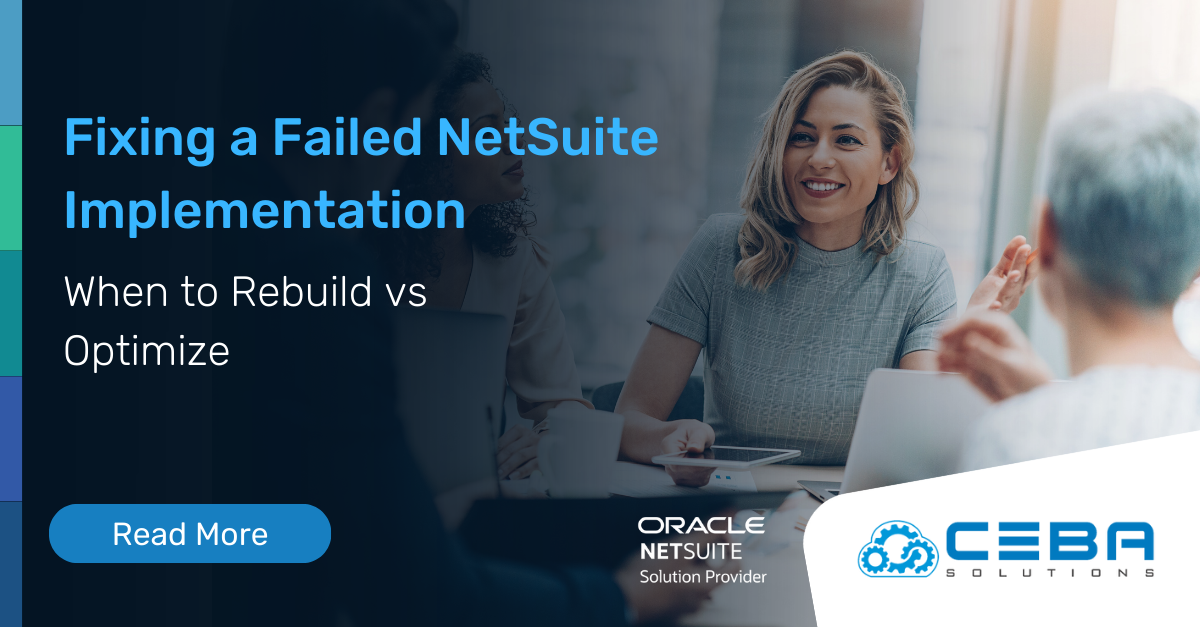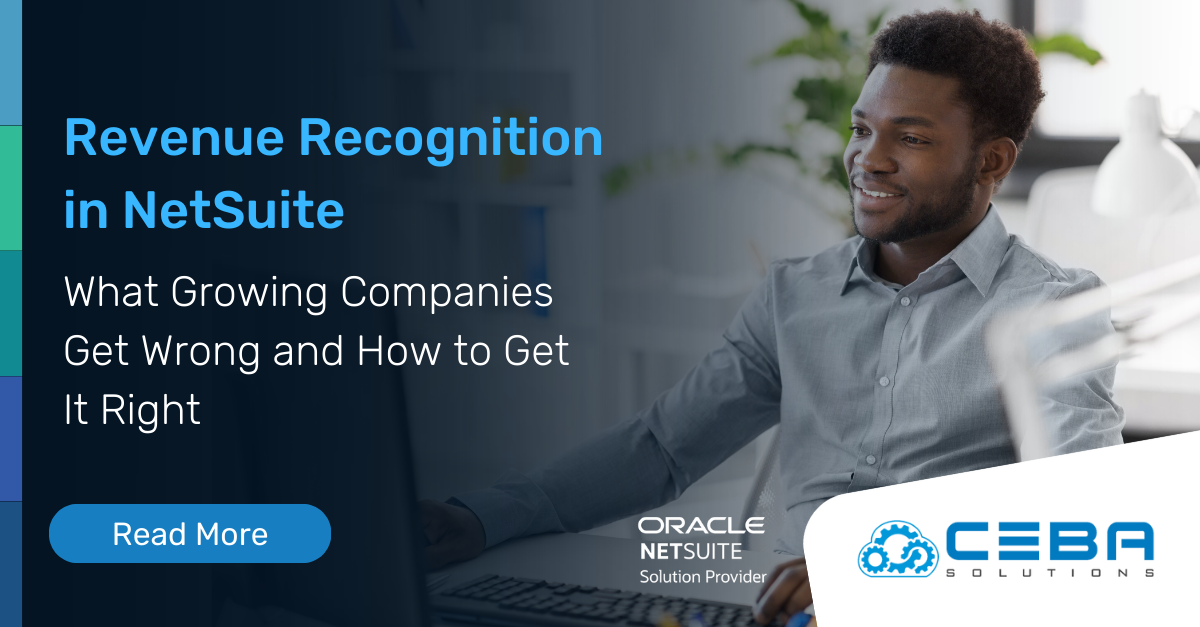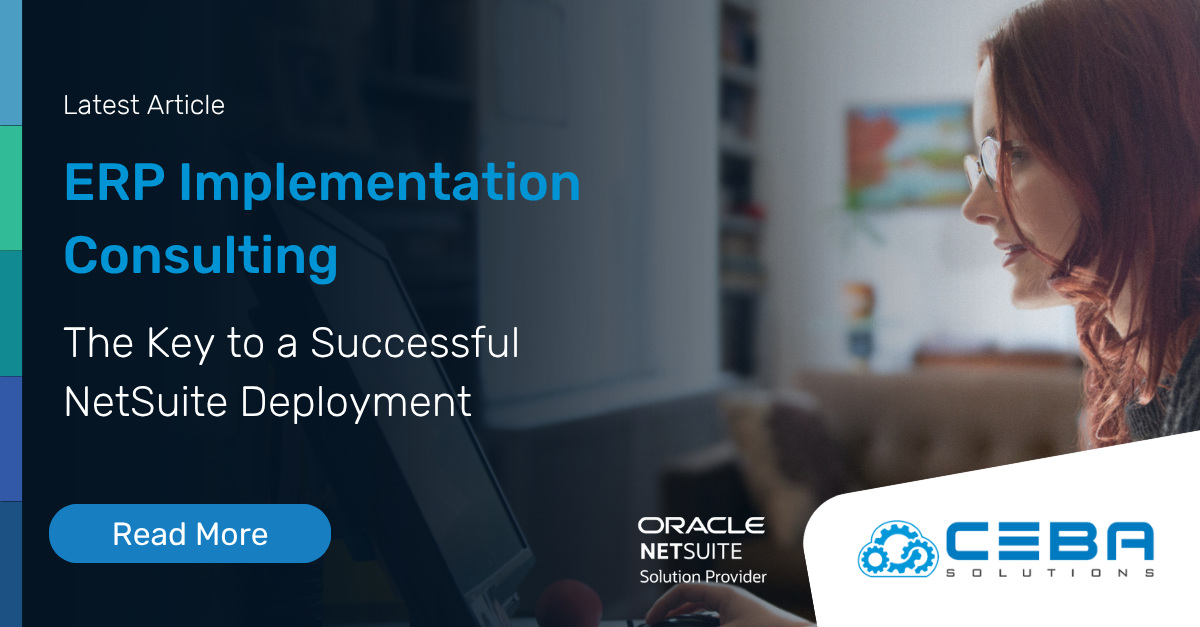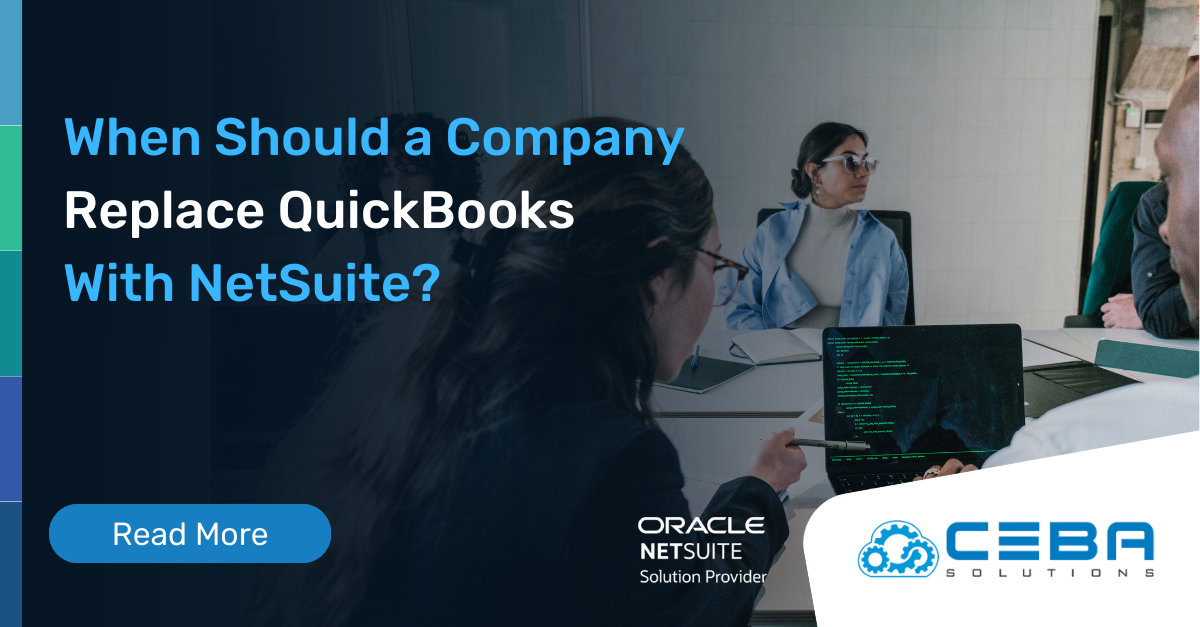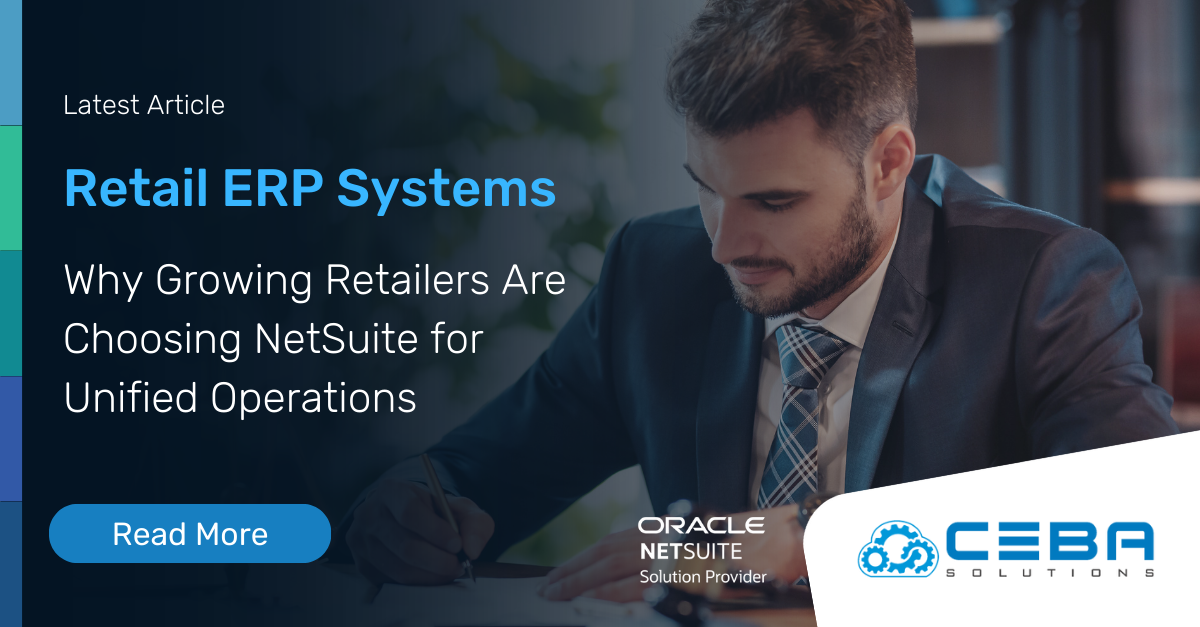
5 Reasons Your Company Needs a Unified Cloud ERP Platform
5 Reasons Your Company Needs a Unified Cloud ERP Platform
As legacy software systems continue to fall out of favor, cloud-based solutions that connect previously siloed departments, provide high levels of operational visibility, and give remote employees “anytime anywhere” access are replacing bulky, unwieldy, on-premises solutions.
The proof is in the numbers: Worldwide, the public cloud computing market reached $257.5 billion in 2020 (up from $145.3 billion in 2017) and will exceed $362.5 billion by 2022, Statista reports.
Deloitte is also tracking this trend, and says that of 500 IT leaders and executives recently surveyed, most are looking to the cloud for better security and data protection; to support their data modernization efforts; and to save money while concurrently enhancing their own internal IT operations.

“Cloud has become the primary location for businesses to store data; most have moved even their applications to cloud platforms, and many of those businesses that have their data on-premises today are soon planning to migrate to cloud,” Deloitte states. “Companies across industries are modernizing their data platforms to leverage new-age applications and advanced analytics at the same time as they are moving their data to cloud.”
5 Signs that it’s Time to Move to Cloud ERP
Provided as a service and able to operate independent of your company’s internal servers, hardware, and IT talent, cloud enterprise resource planning (ERP) systems are less expensive to use, require little or no maintenance, and can be deployed in a “set it and forget it” manner. Here are five more reasons why all companies should consider adopting unified cloud ERP in 2021:
1. Like it or not, some or all of your workforce is now remote.
With the exception of jobs that require hands-on, onsite work, most of the jobs around the world have been moved into the remote workspace due to the global pandemic. According to the Upwork Study, by 2025 36.2 million Americans will be working remotely—an 87% jump from pre-pandemic levels. “As businesses adapt and learn from this remote work experiment,” Upwork points out, “many are altering their long term plans to accommodate this way of working.” These employees need access to data, processes, and workflows that are extremely difficult to administer and orchestrate without a cloud platform in place.
2. Manual, duplicate work is the ultimate productivity and profitability killer.
Managing disparate systems that don’t “talk” to each other, Excel spreadsheets, and sticky notes takes labor, time, and effort that no company can afford to spare right now. By automating processes like accounts payable, purchase orders, payroll, customer relationship management (CRM), and warehouse management, to name just a few, cloud ERP helps minimize the amount of time employees spend on these activities. Then, you can redeploy staff to higher-value activities to help your business innovate and grow.

3. You can’t get real-time visibility or unified customer views out of a legacy software platform.
Is your organizational data fragmented and scattered across disparate systems and spreadsheets, often out-of-date, error-prone, and hard to maintain? If even the best efforts to tie together multiple sources of data are time consuming and incomplete, then you need cloud ERP. With all critical functions and processes in one central database, NetSuite says cloud ERP can deliver personalized insights of your company’s performance tailored to each user’s need—be it CFO, controller, CEO, sales manager, marketing manager, or inventory manager. And because all reports and dashboards extract data from a single, centralized data repository, your employees no longer have to worry about having “multiple versions of the truth” from disparate systems and spreadsheets.
4. Scaling up has become impossible.
As companies hire employees, add new departments, expand into new geographic locations, and open new divisions, their patchworks of on-premises systems and spreadsheets makes it impossible for anyone to collaborate, share, and act on data as a group. Cloud ERP effectively solves these pain points by giving everyone a single source of truth to work from and a platform that scales up as needed. “Cloud ERP software scales easily as it adjusts the entire infrastructure to the necessary size for each stage in your development as a company,” ERP Solutions Review notes. “With onsite infrastructure, scaling can be a costly and complicated aspect of business, so the cloud just simplifies this entire process for you.”
5. Your IT team spends a lot of time on software patches, fixes, and updates.
Traditional, on-premises ERP requires much hands-on and continuous maintenance to manage hardware and software updates. Managing this process can negatively impact your company’s budget and take valuable IT resources away from more important projects. “Compare that to cloud ERP, and you’ve got a way lower cost of operating,” ERP Solutions Review notes. “Cloud vendors provide ERP solutions as a subscription model – Software-as-a-Service (SaaS) – these costs are reasonable and generally customized to work around your company’s budget.”

Download the Ultimate Guide to Oracle NetSuite
Learn why NetSuite is the #1 Cloud ERP for Small and Mid Size Businesses Focused on Unlocking Growth. Download the Guide
What are the benefits of moving to a unified ERP platform?
Provided as a service and able to operate independent of your company’s internal servers, hardware, and IT talent, cloud enterprise resource planning (ERP) systems are less expensive to use, require little or no maintenance, and can be deployed in a “set it and forget it” manner. Here are five more reasons why all companies should consider adopting unified cloud ERP:
1. A unified platform connects departments that were previously siloed
Siloed information can cost businesses big. A lack of data sharing and collaboration can lead to inefficiencies, errors, and duplication of effort.
A unified platform gives employees a 360-degree view of the business by integrating information from different departments (including finance, HR, inventory, manufacturing, supply chain, etc.) into one system. This provides a single source of truth and helps eliminate data silos.
2. A unified platform provides high levels of operational visibility
Operational visibility is the ability to see what’s happening across the business in real-time. This is essential for making informed decisions, improving efficiencies, and reducing risks.
A unified platform gives managers and executives a complete view of the business by providing access to all the data in one place. This visibility enables them to identify issues and opportunities, and make decisions that improve operational efficiency and bottom-line results.
3. A unified platform gives employees “anytime anywhere” access
The pandemic has forced many businesses to allow employees to work remotely, which has highlighted the need for cloud-based solutions that can be accessed from anywhere.
A unified platform gives employees the flexibility to work from any location at any time. This is possible because all the data and applications are stored in the cloud, and can be accessed via the internet.
4. A unified platform saves businesses money
The upfront cost of a unified platform may be higher than that of a legacy on-premises system, but it will save money in the long run. That’s because businesses only need to pay for what they use, and there are no maintenance or upgrade costs.
In addition, a unified platform can help businesses save money by improving operational efficiency and reducing errors. For example, automating manual processes can free up employees’ time so they can focus on more value-added tasks.
5. A unified platform enhances internal IT operations
A unified platform can take the burden off internal IT resources by providing a self-service portal for employees. This portal gives employees the ability to access the data and applications they need without having to contact IT.
In addition, a unified platform can help businesses improve their internal IT operations by providing access to data and analytics that can be used to optimize processes and systems.
Hard Facts About Moving to Cloud ERP
Making Your Move
Successfully executing your enterprise cloud ERP strategy means turning to the world’s most proven, trusted, and deployed cloud ERP solution— NetSuite. With more than 40,000 organizations and subsidiaries running NetSuite across more than 160 countries, some of the world’s best-known brands trust their businesses to NetSuite and take their financial and operational processes to the cloud. Contact CEBA Solutions today to learn how our solutions deliver a complete, real-time view of your business anytime, anywhere via a unified cloud platform.
About CEBA Solutions
CEBA Solutions is a team of technology and business professionals dedicated to providing solutions that simplify, streamline, and automate our clients’ businesses. Our focus on enterprise resource planning (ERP) systems means we have the deep industry knowledge and technical expertise to deliver world-class solutions that enable our clients to run their businesses better. CEBA Solutions is a NetSuite Solution Provider and Consulting Partner. Our clients include small to mid-sized businesses and divisions of large enterprises across a wide range of industries. Learn more about how we can help your business by visiting us online or contacting us today.




